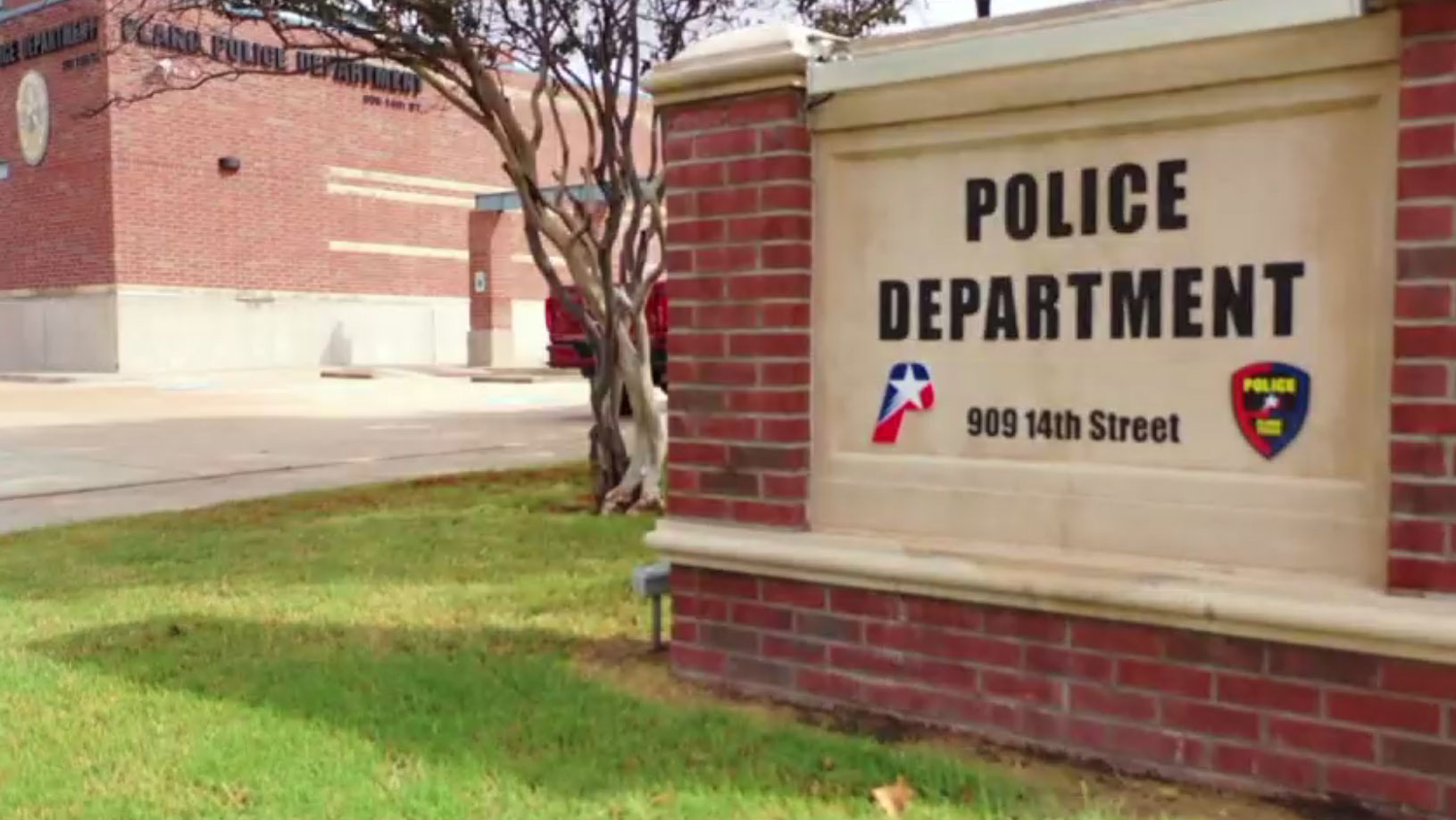Legitimate Northwest Dallas business people spoke out Monday about prostitution activity in their area.
They said they could see no results from an Oct. 11 update of the City of Dallas ordinances that was intended to help curb the problem.
Even on a chilly day Monday, more than a dozen women in provocative clothing could be seen within a few blocks north of Walnut Hill Lane and west of Harry Hines Boulevard.
Two business people, a man and a woman who work in legitimate businesses in the area every day, asked that their names and business locations be withheld over concerns about past violence from the sex business activity.
Get top local stories in DFW delivered to you every morning. >Sign up for NBC DFW's News Headlines newsletter.
“When we have customers coming to our office, that's not what you would want to see. I would venture to say if this was happening at city hall it would have been taken care of on the first day,” the businessman said. “It’s human trafficking. Somebody is making money. It’s not the girls.”
Men in passing cars who appeared to be operating the sex business Monday were checking on the women, who may be victims of human trafficking according to law enforcement people familiar with the activity.
“These women are dying. They’re being injured. They’re being murdered. And no one is paying attention. Meanwhile, our businesses are being destroyed by the loitering and the violence that’s associated with it,” the businesswoman said.
Local
The latest news from around North Texas.
The business people said the activity greatly increased after a “manifesting” prostitution ordinance was struck down in July by a court that ruled it unconstitutional.
It allowed patrol officers to issue citations for people who were deemed to be involved in prostitution activity even if a sex act was not witnessed.
The Dallas City Council approved an updated version of the ordinance that city lawyers said would pass muster in court.
That day, Dallas Police Major Devon Palk with the Vice Unit said the new manifesting ordinance was a necessary tool for police who also work with social agencies to help rescue women from the activity.
“My human trafficking squad is not large. I wish it was bigger. But those partnerships working with patrol is one of the ways we get our job done,” Palk said.
City Council Member Adam Bazaldua voted against the updated ordinance saying it is only further victimizing the women. He said police should take the time required to build human trafficking cases.
All the other council members supported the updated law, including Southern Dallas Member Carolyn King Arnold. She said prostitution activity has also been seen near schools in her district.
“Whether it's about Pimps, Johns what have you. It's about street sexting and we can not have this around our schools,” Arnold said.
Police indicated a new enforcement plan would be put in place with the new ordinance.
The Northwest Dallas business people said they have seen little enforcement.
“If there’s one or two arrests made, you could make 50 a day. So it’s not putting a dent in it at all,” the businessman said.
The businesswoman said Dallas County District Attorney John Creuzot was invited to visit and speak with them about the crimes that they claim he is not prosecuting.
“And we were not acknowledged,” she said.
Creuzot’s spokesperson said in an email Monday that Creuzot relayed a message to the neighbors that they need to contact City Council Members and The Dallas Police to make arrests.
In an e-mail, Dallas Police Spokesperson Kristin Lowman said vice unit commanders were not available for comment Monday. She provided a statement:
“The enforcement plan is actively in the planning stages. The Department continues to conduct enforcement operations to combat prostitution throughout the city.”



